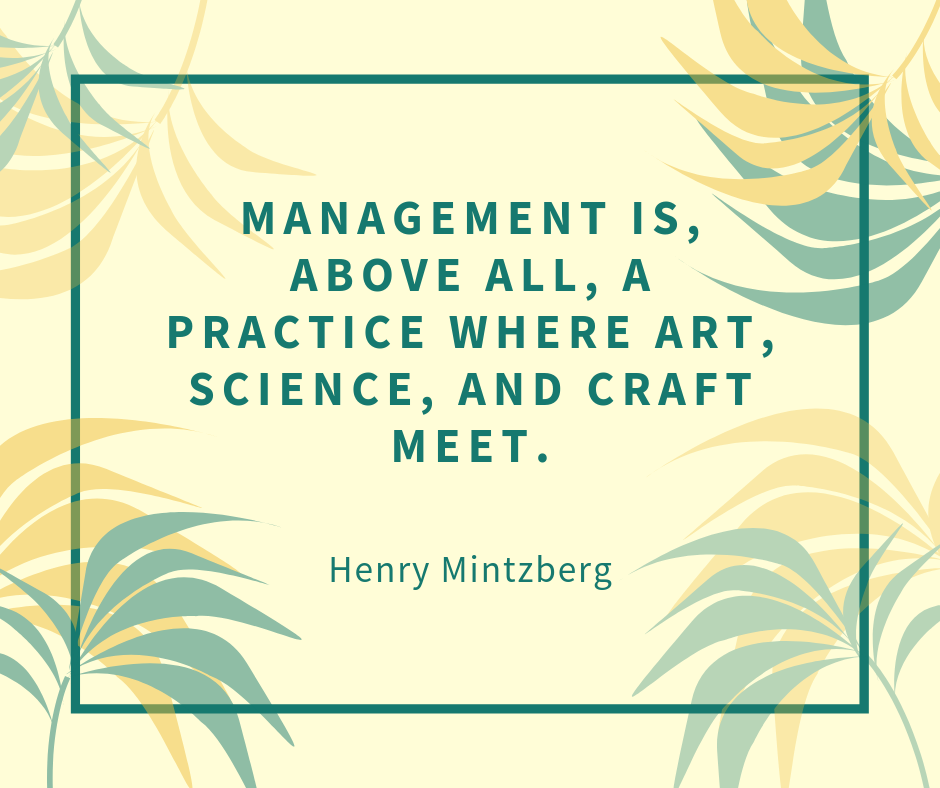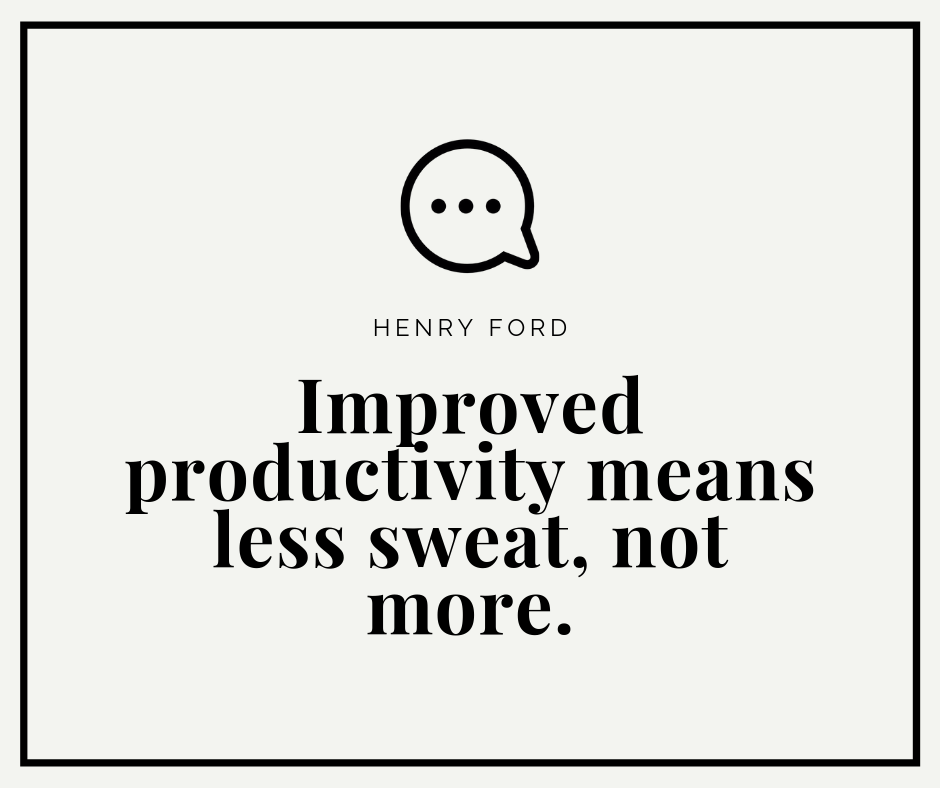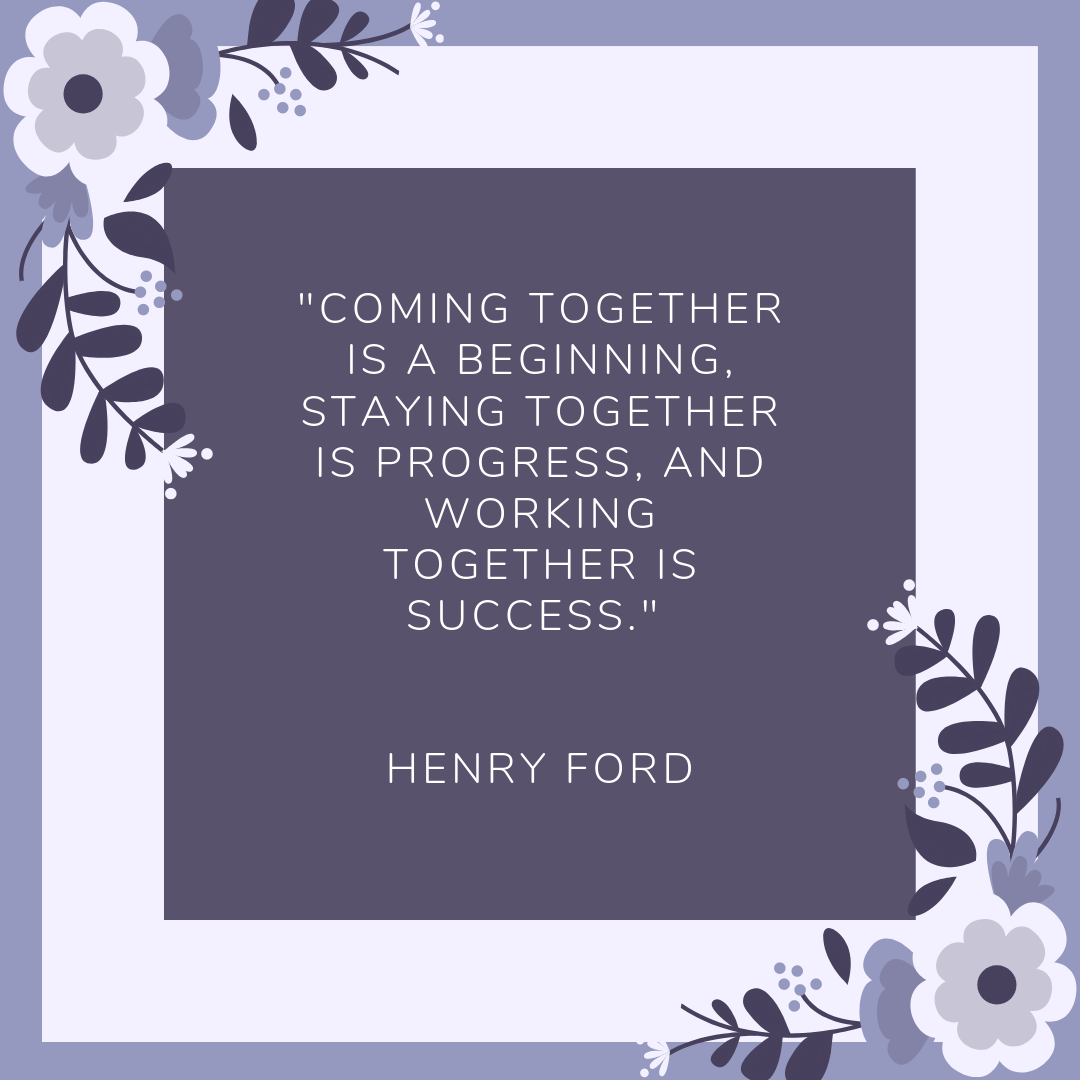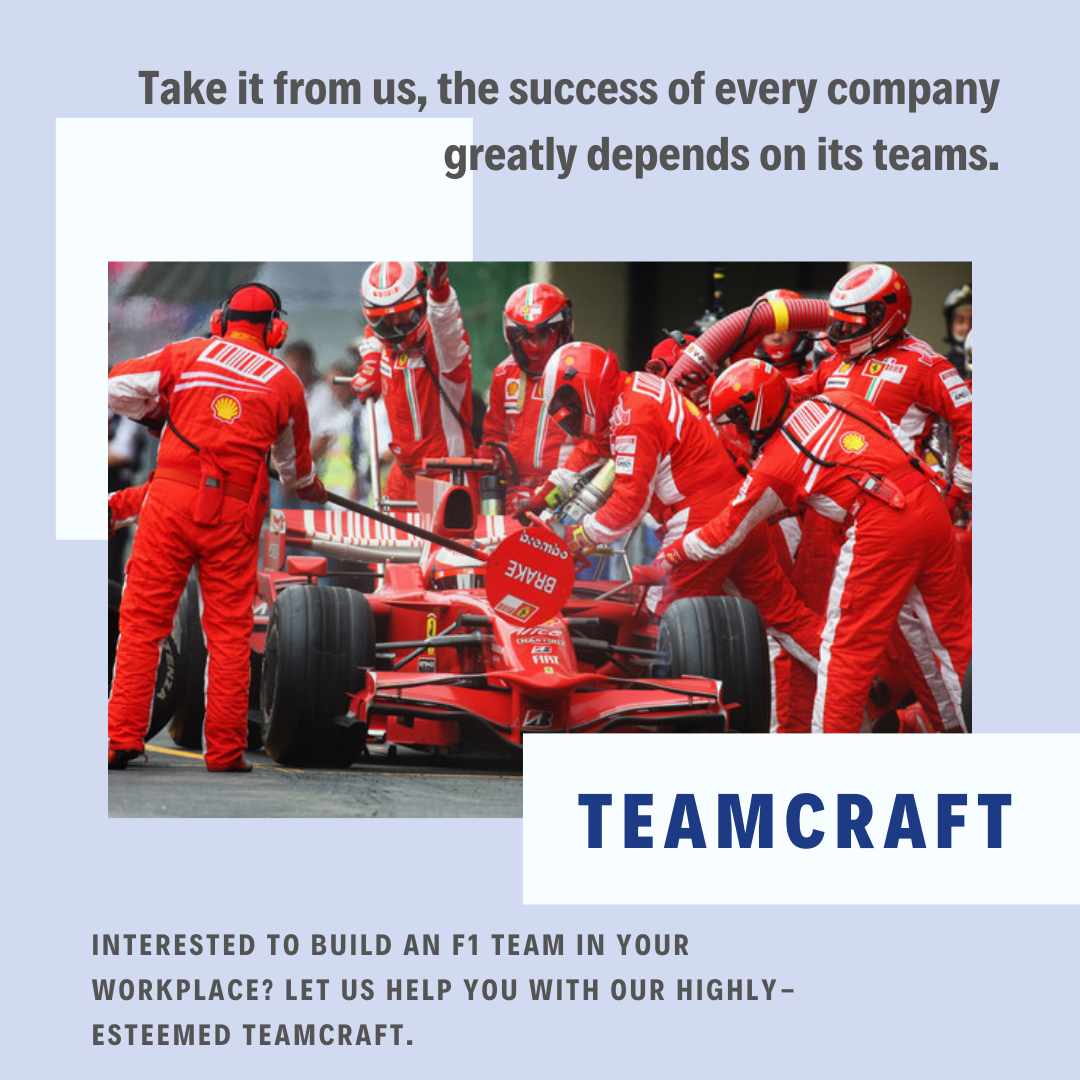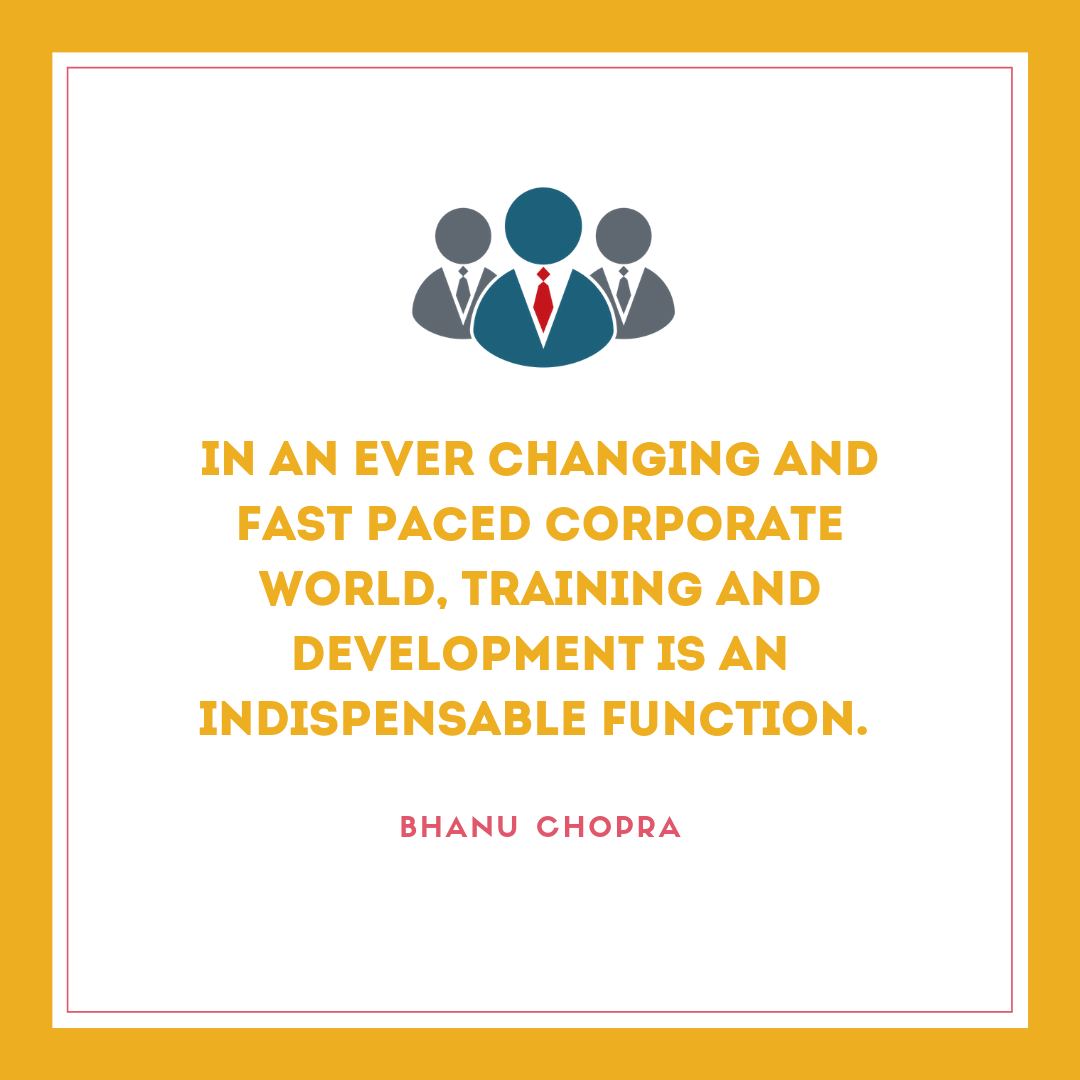Training on 13th
Today’s training is on the 13th. Just picture this. You’ve finally found the right candidate, after days or weeks or even months of blood, sweat and tears, and you finally get a good night’s rest. All your hard work has paid off! That is, until you receive the bad news after what felt like a few days. That seemingly perfect candidate turns out to be less than dreamy and your boss is now asking you to find someone new! Disaster, one that all HR recruiters would be able to relate to.
What went wrong? Everything seemed perfect, it all felt right! Some candidates may have the perfect resume but may underwhelm you during the interview. In fact, you may have shortlisted such a candidate with high hopes of having him or her outshine everyone else during the interview only to find that they were overly anxious or unable to express their thoughts.
But what if, all the applications you received are from seemingly under-qualified candidates? Your boss is pressuring you to find someone soon but you’re afraid of hiring the wrong person in the end, especially one who will cost the company more than benefit it. How should the interview be structured, what kind of questions should you ask, what should you be looking out for – these are all essential questions that would naturally cross your mind when preparing for the interview.
We all dream of a stress-free recruitment process. Sadly, the recruitment process is one that is meticulous and can be extremely grueling if one is not equipped adequately to conduct such a process. Disappointment and failure don’t have to be the defining mark of your company’s recruitment process. Getting equipped can keep such disasters at bay and greatly enhance your chances of hitting the jackpot – hiring the right person for the right job. At the end of the day, getting the recruitment process right will benefit everyone in the long-run.
Join us for our certification programme specifically for HR recruiters – The Certified InterviewPro – in collaboration with Swinburne University of Technology (SUTS) and turn your company’s recruitment process into a seamless and hassle-free one.
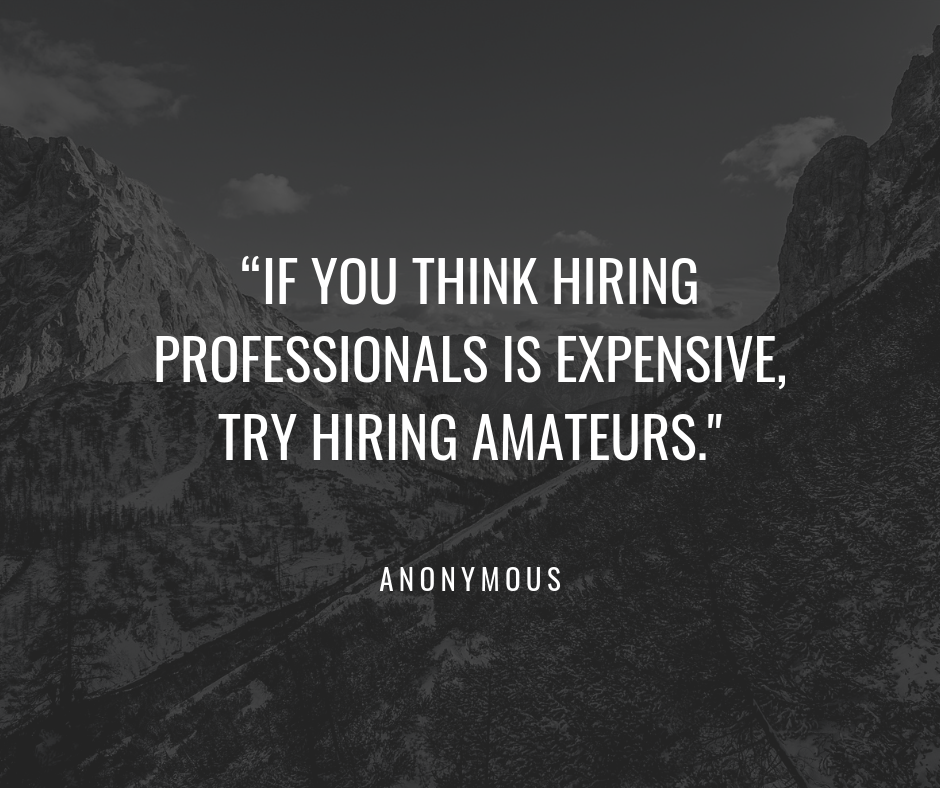
References
‘Employer insights’ 2019, JobMonkey, viewed 9 July 2019, <https://www.jobmonkey.com/employer-insights/hr-nightmares/>.
Robinson, D 2017, ‘5 expressions that are every recruiter’s worst nightmare (and how to deal with them)’, Hello Talent, 17 January, viewed 9 July 2019, <https://www.hellotalent.com/blog/5-expressions-every-recruiters-worst-nightmare/>.
About the author
Melissa Ann Liew holds a Degree in Bachelors of Business (Accounting) from Swinburne University of Technology (SUTS). She is currently pursuing her postgraduate studies at SUTS, in ACCA, to progress further in her journey to becoming a Chartered Certified Accountant.
She is currently also doing content writing for MRS Management.

